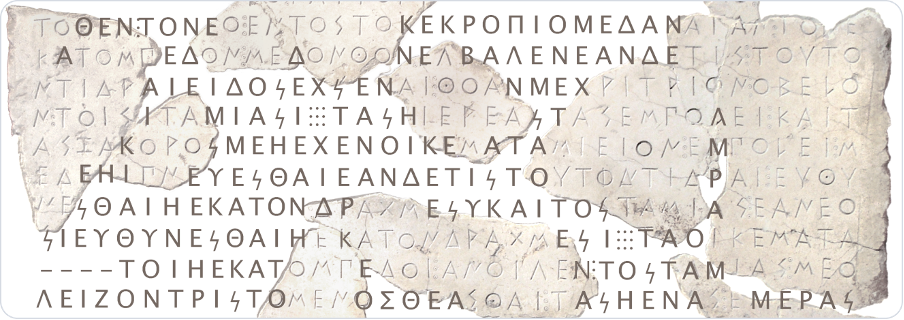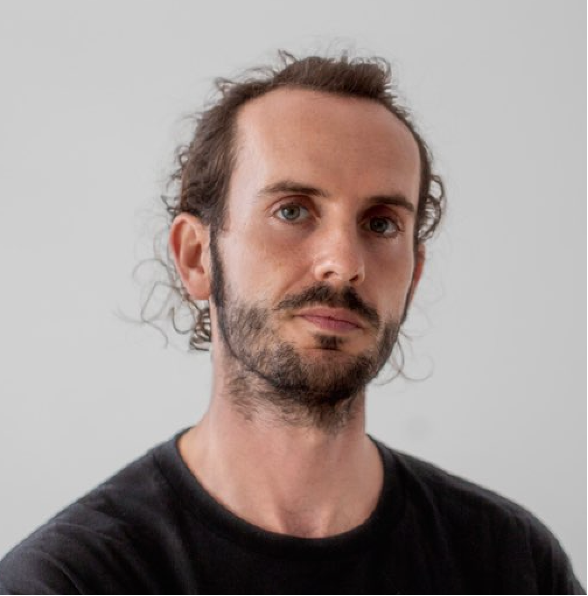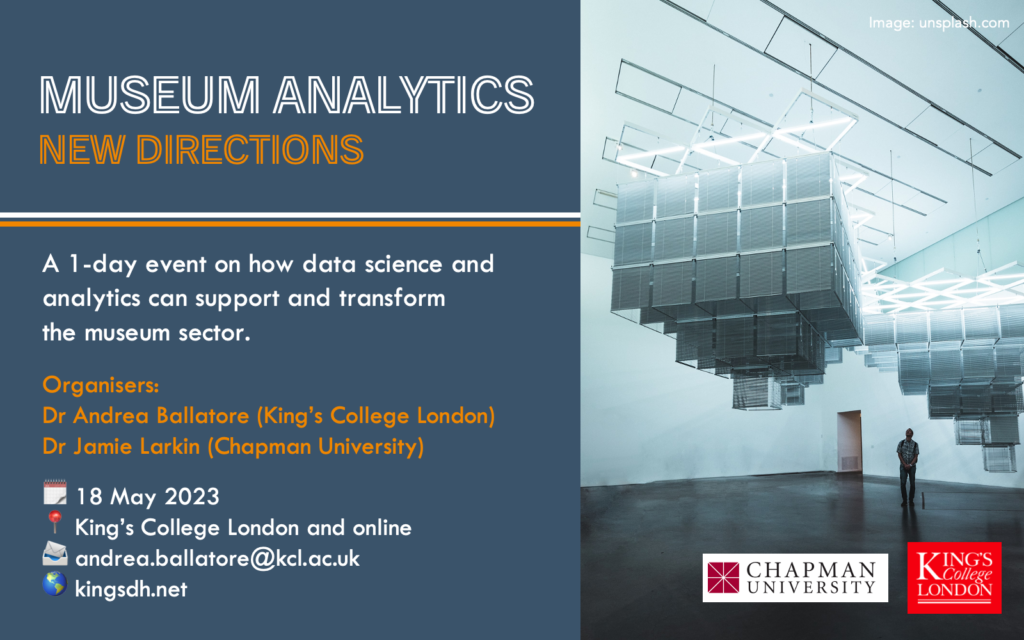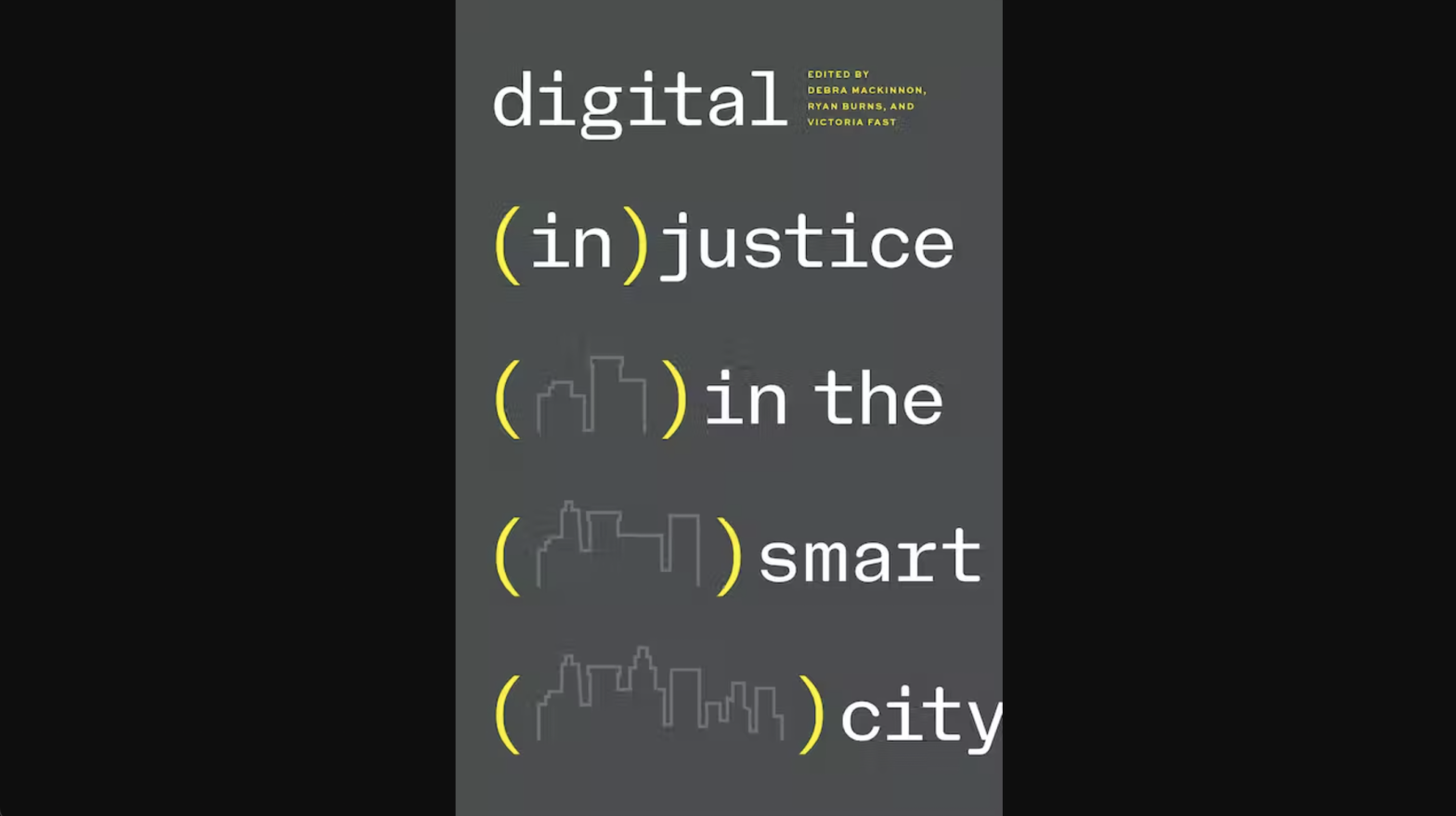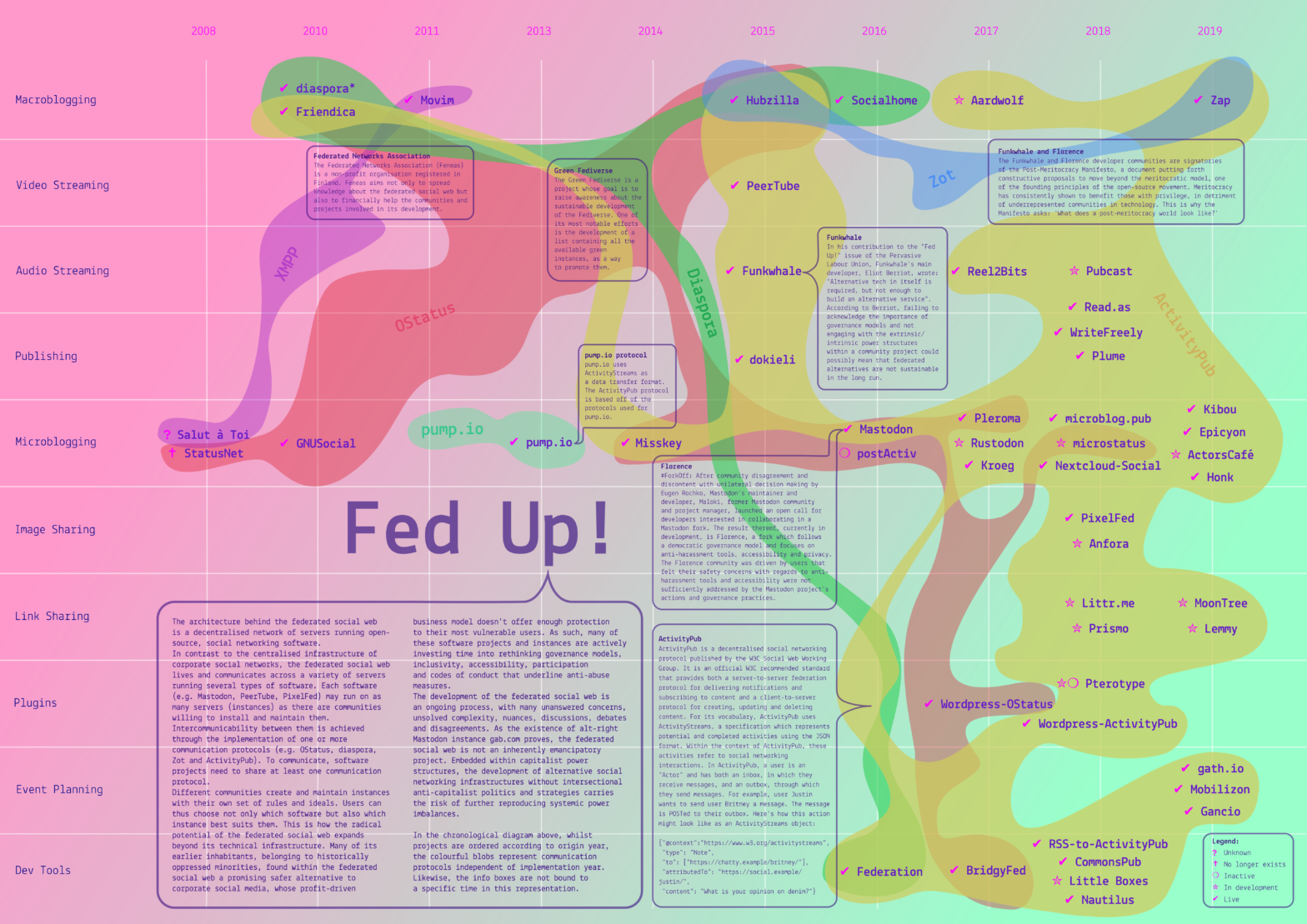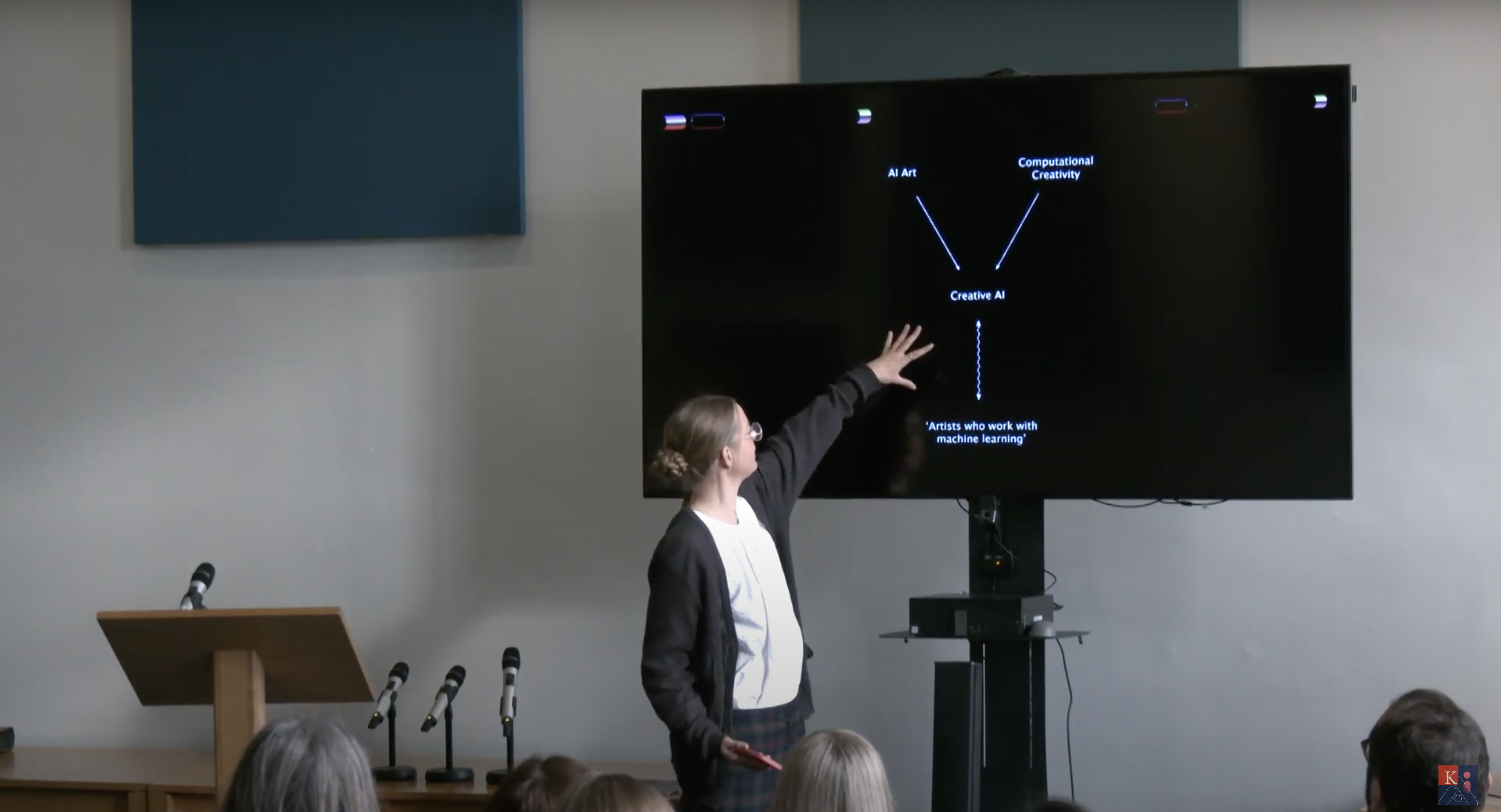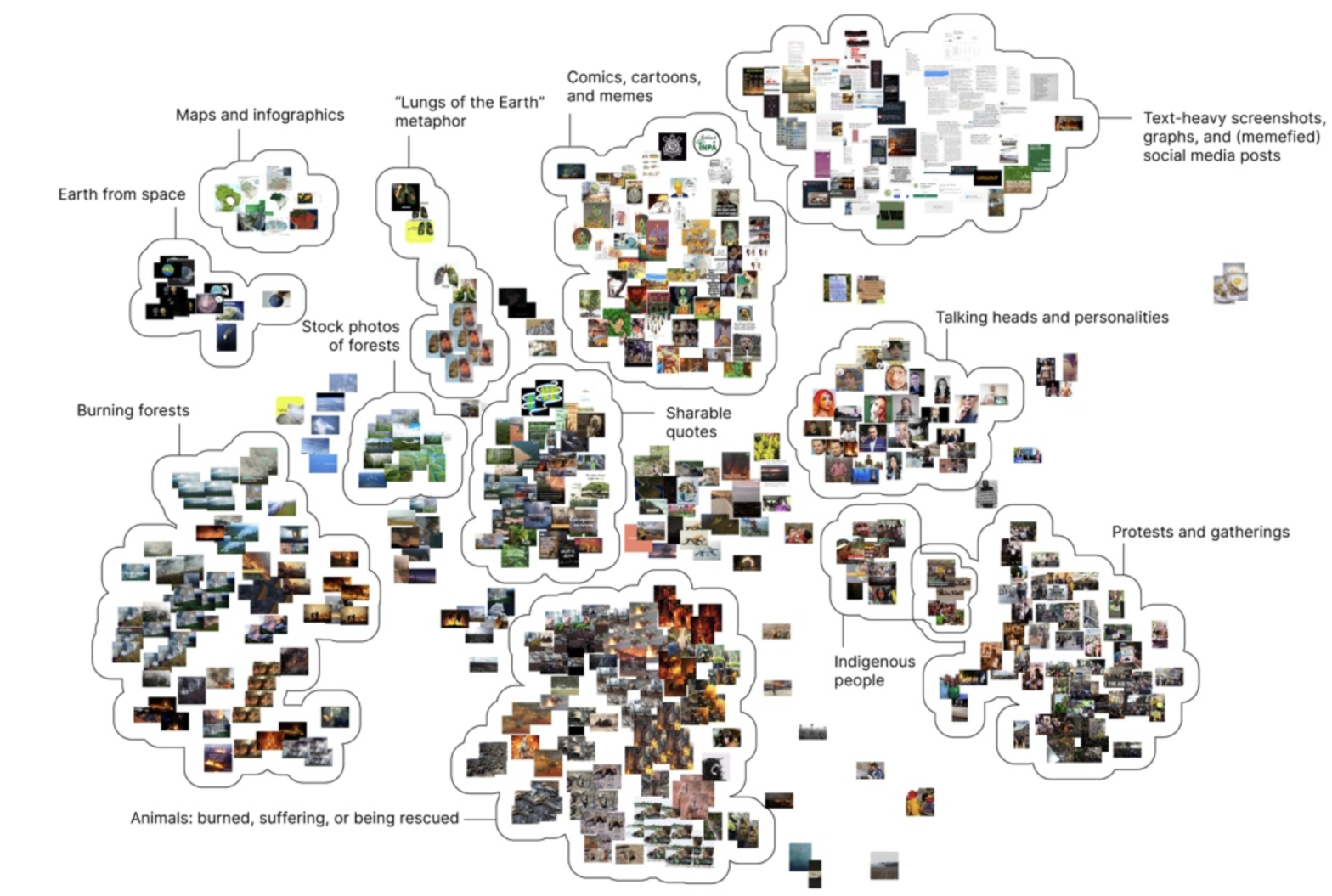Event organised by the Computational Humanities research group
13 June 2023 3pm BST (remote)
Folgert Karsdorp (Royal Netherlands Academy of Arts & Sciences (KNAW), Amsterdam) and Mike Kestemont (University of Antwerp, Belgium), Forgotten knights, unseen sailors, and unapprehended criminals: applying unseen species models to the survival of culture
Abstract
Researchers of the past — whether historians, literary scholars or archaeologists — depend on the sources that have stood the test of time. That sample of history is usually far from complete, however. There are numerous reasons for this, such as natural causes (e.g., fires or floods), decisions at the level of archival policy (what do we preserve and what do we not?), and biases in the formation of the archives themselves. Data representing lower classes were long considered less relevant, for example, and thus socioeconomic factors likewise play a role in the survival of sources. In a series of recent experiments, we have explored how statistical methods from ecology can help us identify such gaps and biases in our knowledge. Those methods all find their basis in “Unseen Species Models,” which were were originally developed to estimate the number of unique species in an environment. Just as ecologists try to estimate biodiversity from an incomplete sample, we apply the models to incomplete historical archives to measure the actual cultural diversity. In this talk, we apply unseen species models to three cases. First, we show how these methods can tell us something about the forgotten medieval chivalric literature in Western Europe. We then apply an extension of the method to the historical archives of the Dutch East India Company, to map out the size of its workforce. Finally, we explore a generalization of the unseen species model with which co-variates of loss or absence can be mapped. We apply this extension to a dataset from historical criminology: the police registers of the Amigo prison (1879-1880) in Brussels, and show how the models can give us an estimate of the “dark number” of unapprehended perpetrators as well as the demographic composition of this group.
Bios
Mike Kestemont, PhD, is a full professor in the department of Literature at the University of Antwerp (Belgium). He specializes in computational text analysis for the Digital Humanities. Whereas his work has a strong focus on historic literature, his previous research has covered a wide range of topics in literary history, including classical, medieval, early modern and modernist texts. Together with Folgert Karsdorp and Allen Riddell he has written a textbook on data science for the Humanities. The persistence of cultural information over long stretches of time is his key research topic at the moment. In the new framework of Cultural Ecology, empirical methods are imported from ecology and biostatistics to provide innovative quantitative models of cultural change and survival. Together with his Polish colleagues Maciej Eder and Jan Rybicki he is involved in the Computational Stylistics Group. Mike lives in Brussels (http://mikekestemont.github.io/), tweets in English (@Mike Kestemont) and codes in Python (https://github.com/mikekestemont).
Folgert Karsdorp, PhD, is a senior researcher in Computational Humanities and Cultural Evolution at the Meertens Institute of the Royal Netherlands Academy of Arts and Sciences (Amsterdam, the Netherlands). His research focuses on modelling cultural change from an evolutionary perspective (e.g., why some cultural phenomena are adopted and persist through time, while others change or disappear). Additionally, he is interested in measuring cultural diversity and compositional complexity, and how we can account for biases in our estimations of diversity. To do that, he employs computational models from Machine Learning, Cultural Evolution, and Ecology. Besides cultural change and diversity, Karsdorp is also interested in teaching about computer programming in the context of the Humanities. Together with Mike Kestemont and Allen Riddell, he published a text book with Princeton University Press about using Python for Humanities data analysis. For more information see his website (https://www.karsdorp.io) and his projects on GitHub (https://github.com/fbkarsdorp).
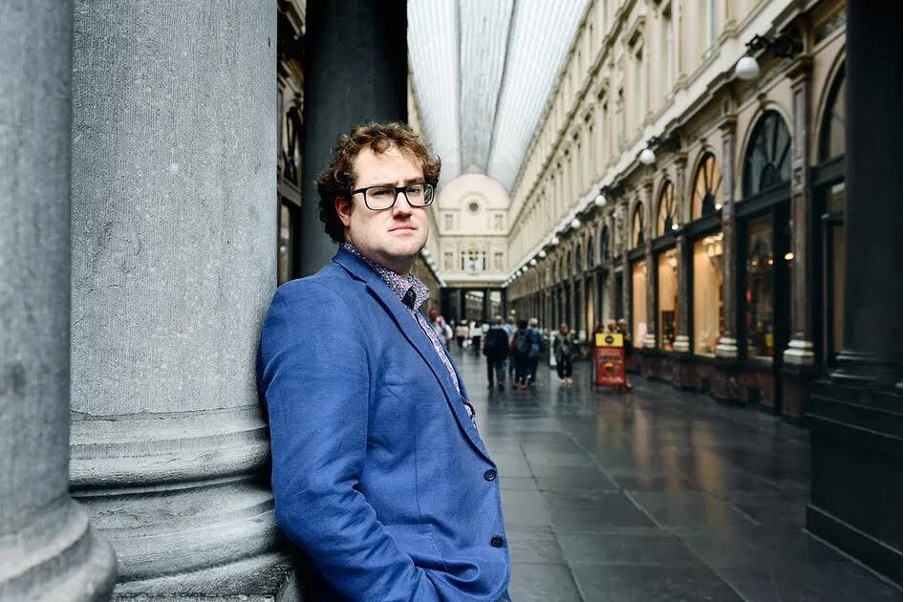

The video of this seminar is available here:https://youtu.be/IzqE9532D_4.

